 The State Department is investigating whether Israel�s use of American-made cluster bombs in southern Lebanon violated secret agreements with the United States that restrict when it can employ such weapons, two officials said. The investigation by the department�s Office of Defense Trade Controls began this week, after reports that three types of American cluster munitions, anti-personnel weapons that spray bomblets over a wide area, have been found in many areas of southern Lebanon and were responsible for civilian casualties.Gonzalo Gallegos, a State Department spokesman, said, �We have heard the allegations that these munitions were used, and we are seeking more information.� He declined to comment further.
The State Department is investigating whether Israel�s use of American-made cluster bombs in southern Lebanon violated secret agreements with the United States that restrict when it can employ such weapons, two officials said. The investigation by the department�s Office of Defense Trade Controls began this week, after reports that three types of American cluster munitions, anti-personnel weapons that spray bomblets over a wide area, have been found in many areas of southern Lebanon and were responsible for civilian casualties.Gonzalo Gallegos, a State Department spokesman, said, �We have heard the allegations that these munitions were used, and we are seeking more information.� He declined to comment further.
Several current and former officials said that they doubted the investigation would lead to sanctions against Israel but that the decision to proceed with it might be intended to help the Bush administration ease criticism from Arab governments and commentators over its support of Israel�s military operations. The investigation has not been publicly announced; the State Department confirmed it in response to questions.
In addition to investigating use of the weapons in southern Lebanon, the State Department has held up a shipment of M-26 artillery rockets, a cluster weapon, that Israel sought during the conflict, the officials said.
The inquiry is likely to focus on whether Israel properly informed the United States about its use of the weapons and whether targets were strictly military. So far, the State Department is relying on reports from United Nations personnel and nongovernmental organizations in southern Lebanon, the officials said.
David Siegel, a spokesman for the Israeli Embassy, said, �We have not been informed about any such inquiry, and when we are we would be happy to respond.�
Officials were granted anonymity to discuss the investigation because it involves sensitive diplomatic issues and agreements that have been kept secret for years.
The agreements that govern Israel�s use of American cluster munitions go back to the 1970�s, when the first sales of the weapons occurred, but the details of them have never been publicly confirmed. The first one was signed in 1976 and later reaffirmed in 1978 after an Israeli incursion into Lebanon. News accounts over the years have said that they require that the munitions be used only against organized Arab armies and clearly defined military targets under conditions similar to the Arab-Israeli wars of 1967 and 1973.
A Congressional investigation after Israel�s 1982 invasion of Lebanon found that Israel had used the weapons against civilian areas in violation of the agreements. In response, the Reagan administration imposed a six-year ban on further sales of cluster weapons to Israel.
Israeli officials acknowledged soon after their offensive began last month that they were using cluster munitions against rocket sites and other military targets. While Hezbollah positions were frequently hidden in civilian areas, Israeli officials said their intention was to use cluster bombs in open terrain.
Bush administration officials warned Israel to avoid civilian casualties, but they have lodged no public protests against its use of cluster weapons. American officials say it has not been not clear whether the weapons, which are also employed by the United States military, were being used against civilian areas and had been supplied by the United States. Israel also makes its own types of cluster weapons.
But a report released Wednesday by the United Nations Mine Action Coordination Center, which has personnel in Lebanon searching for unexploded ordnance, said it had found unexploded bomblets, including hundreds of American types, in 249 locations south of the Litani River.
The report said American munitions found included 559 M-42�s, an anti-personnel bomblet used in 105-millimeter artillery shells; 663 M-77�s, a submunition found in M-26 rockets; and 5 BLU-63�s, a bomblet found in the CBU-26 cluster bomb. Also found were 608 M-85�s, an Israeli-made submunition.
The unexploded submunitions being found in Lebanon are probably only a fraction of the total number dropped. Cluster munitions can contain dozens or even hundreds of submunitions designed to explode as they scatter around a wide area. They are very effective against rocket-launcher units or ground troops.
The Lebanese government has reported that the conflict killed 1,183 people and wounded 4,054, most of them civilians. The United Nations reported this week that the number of civilian casualties in Lebanon from cluster munitions, land mines and unexploded bombs stood at 30 injured and eight killed.
Dozen of Israelis were killed and hundreds wounded in attacks by Hezbollah rockets, some of which were loaded with ball bearings to maximize their lethality.
Officials say it is unlikely that Israel will be found to have violated a separate agreement, the Arms Export Control Act, which requires foreign governments that receive American weapons to use them for legitimate self-defense. Proving that Israel�s campaign against Hezbollah did not constitute self-defense would be difficult, especially in view of President Bush�s publicly announced support for Israel�s action after Hezbollah fighters attacked across the border, the officials said.
Even if Israel is found to have violated the classified agreement covering cluster bombs, it is not clear what actions the United States might take.
In 1982, delivery of cluster-bomb shells to Israel was suspended a month after Israel invaded Lebanon after the Reagan administration determined that Israel �may� have used them against civilian areas.
But the decision to impose what amounted to a indefinite moratorium was made under pressure from Congress, which conducted a long investigation of the issue. Israel and the United States reaffirmed restrictions on the use of cluster munitions in 1988, and the Reagan administration lifted the moratorium.




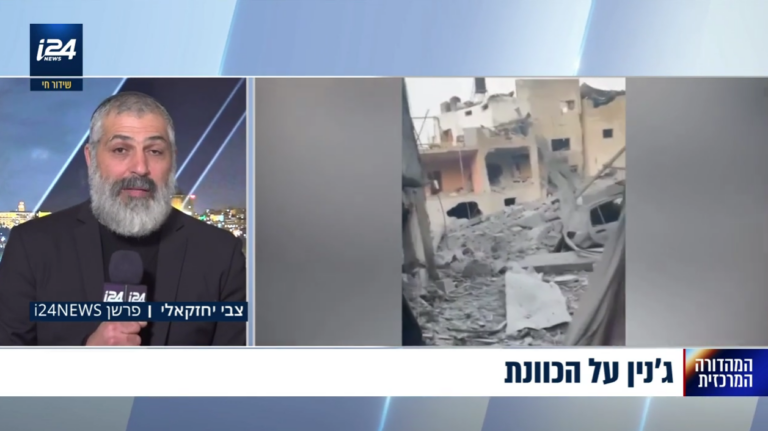


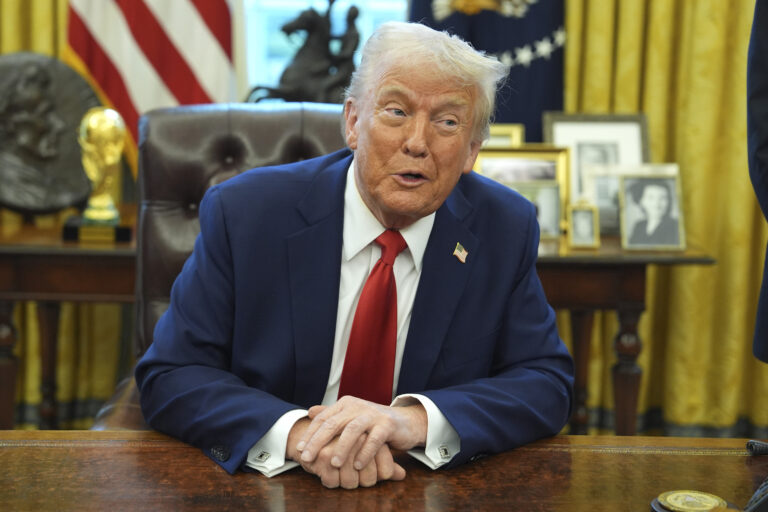
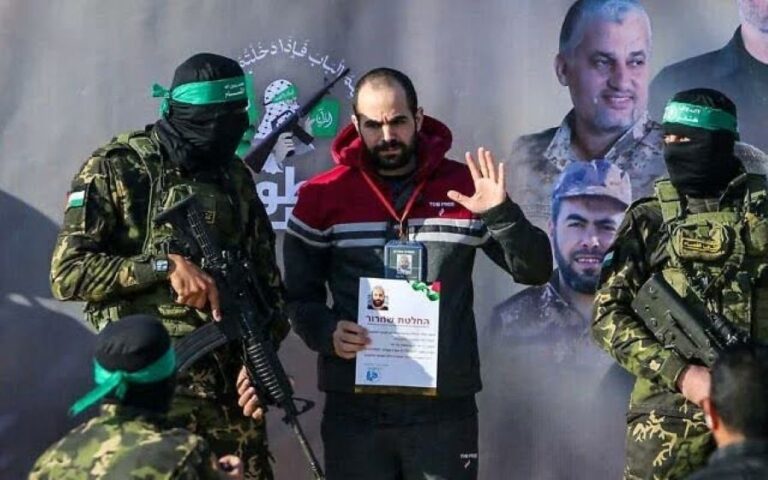
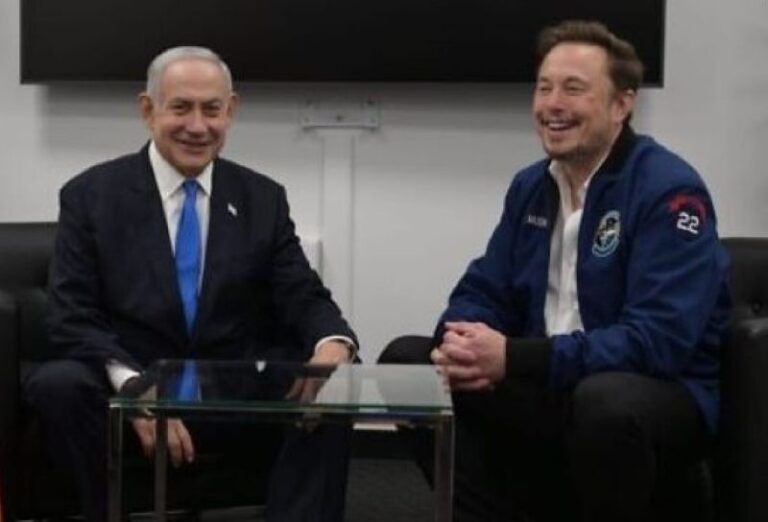
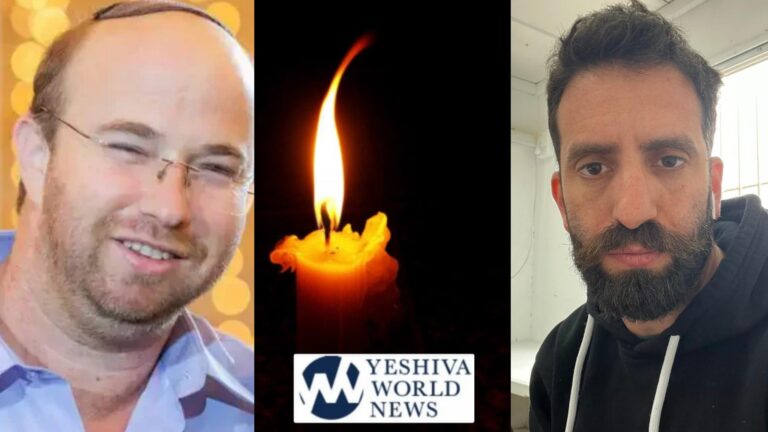
One Response
As a U.S. citizen and a Navy Corpsman detached to the Fleet Marine Force, I ask the State Dept. a simple question: If the United States developed and perfected the clusterbomb, knew what the bombs given to Israrl could do, WHY DID WE GIVE THEM TO ISRAEL AND NOT EXPECT THEM TO USE THE BOMBS DURING A NATIONAL EMERGENCY!” I feel that we should give Israel all the Daisy-cutters, Bunker busters, and clusterbombs they need to do the job! Especially against Hezbullah, a known terrorist organization and one who humilated the United States on several occasions annd at the same time tell that Georgia farmer to go home and count his peanuts. I remember the rape of the American Embasy in Iran and the do-nothinng peanut farmer received the peace-prise along with Yasser Arafat. Two birds of a fether!